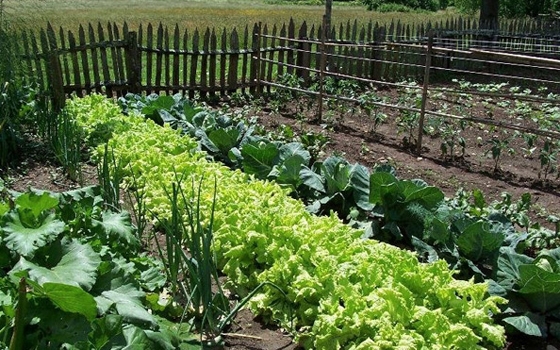The gradual shift of the consumer’s preference for organic food and products in the Middle East and the current position of UAE as the second largest market for organic food has made this sector integral to the country, said a top official.
“It is our goal to promote and become one of the major pillars for the organic food sector in the coming years,” said Saud Salim Al-Mazrouei, director of Hamriyah Free Zone Authority (HFZA) and Sharjah Airport International Free Zone (SAIF Zone).
The director led a delegation to London to participate in the Natural & Organic Products Europe exhibition that concluded in London recently.
“HFZA’s participation in this year’s Natural & Organic Products is a start for us to understand the sector further and interact with potential investors,” he said.
Quoting a report by Frost and Sullivan, Al-Mazrouei said that organic farming in the GCC is set to reach $1.5 billion by 2018, driven by evolving consumer tastes and change in health habits.
In the UAE, the number of organic farms rose to 39 at the end of 2013, covering a total of 3,920 hectares, compared with just 218 hectares in 2007, he said.
In general, the demand for organic food in the Middle East and North Africa is increasing.
“HFZA is facilitating the set-up of more food industries in the zone to increase their growth in the MENA region, because of the strategic position and advantages it has to offer, in addition to which it is noteworthy that UAE is emerging as a major food re-exporting hub in the World, making HFZA all the more attractive as a destination for investors to expand there business and tap in to new business opportunities through the region.”
Arab News
28 April






















































